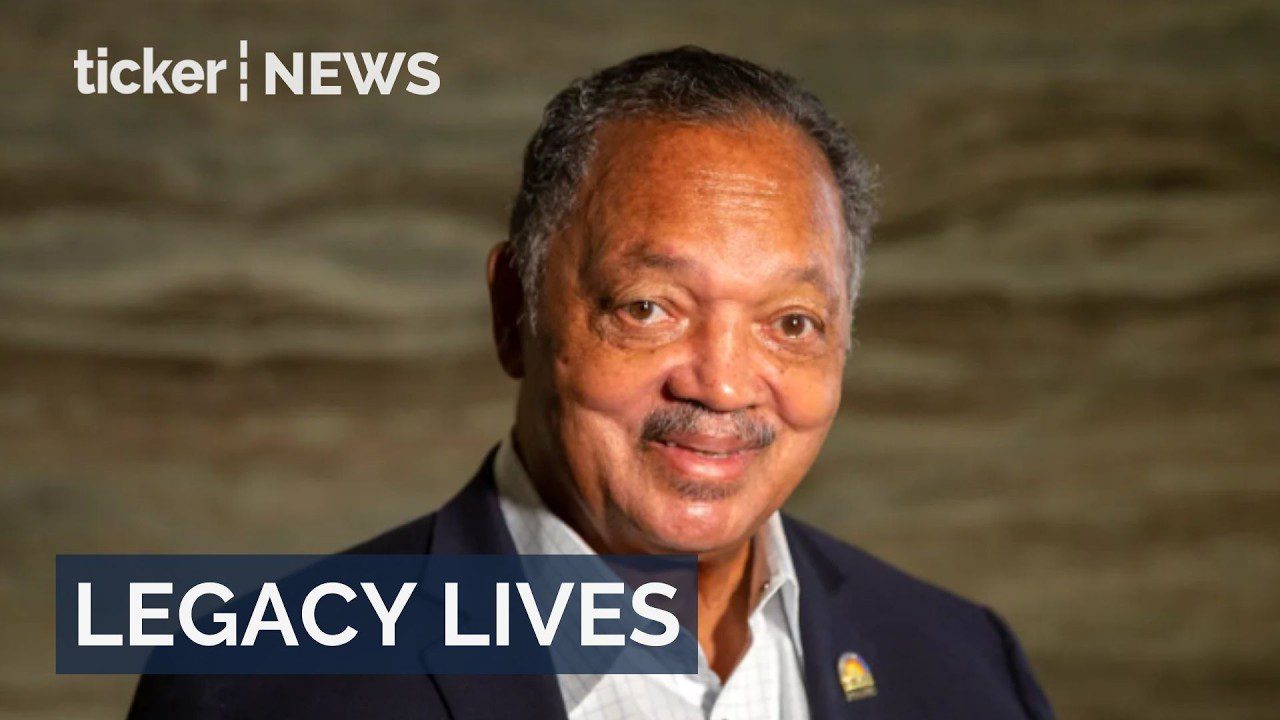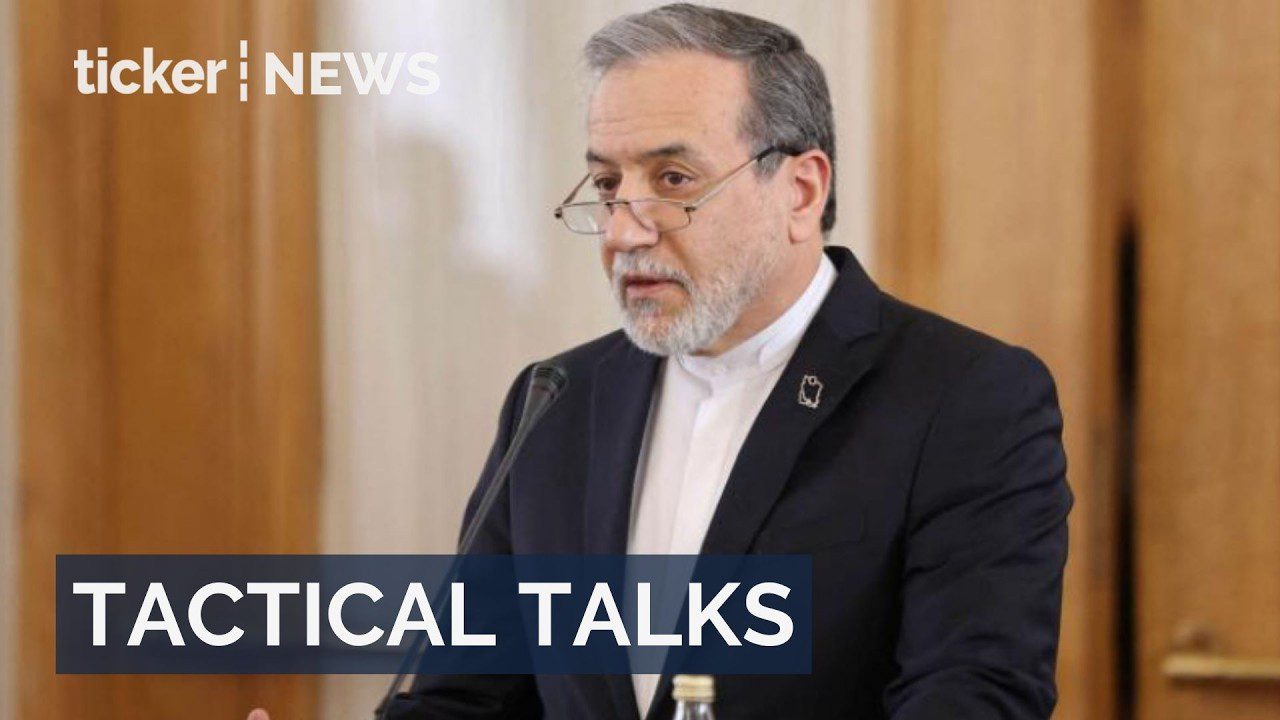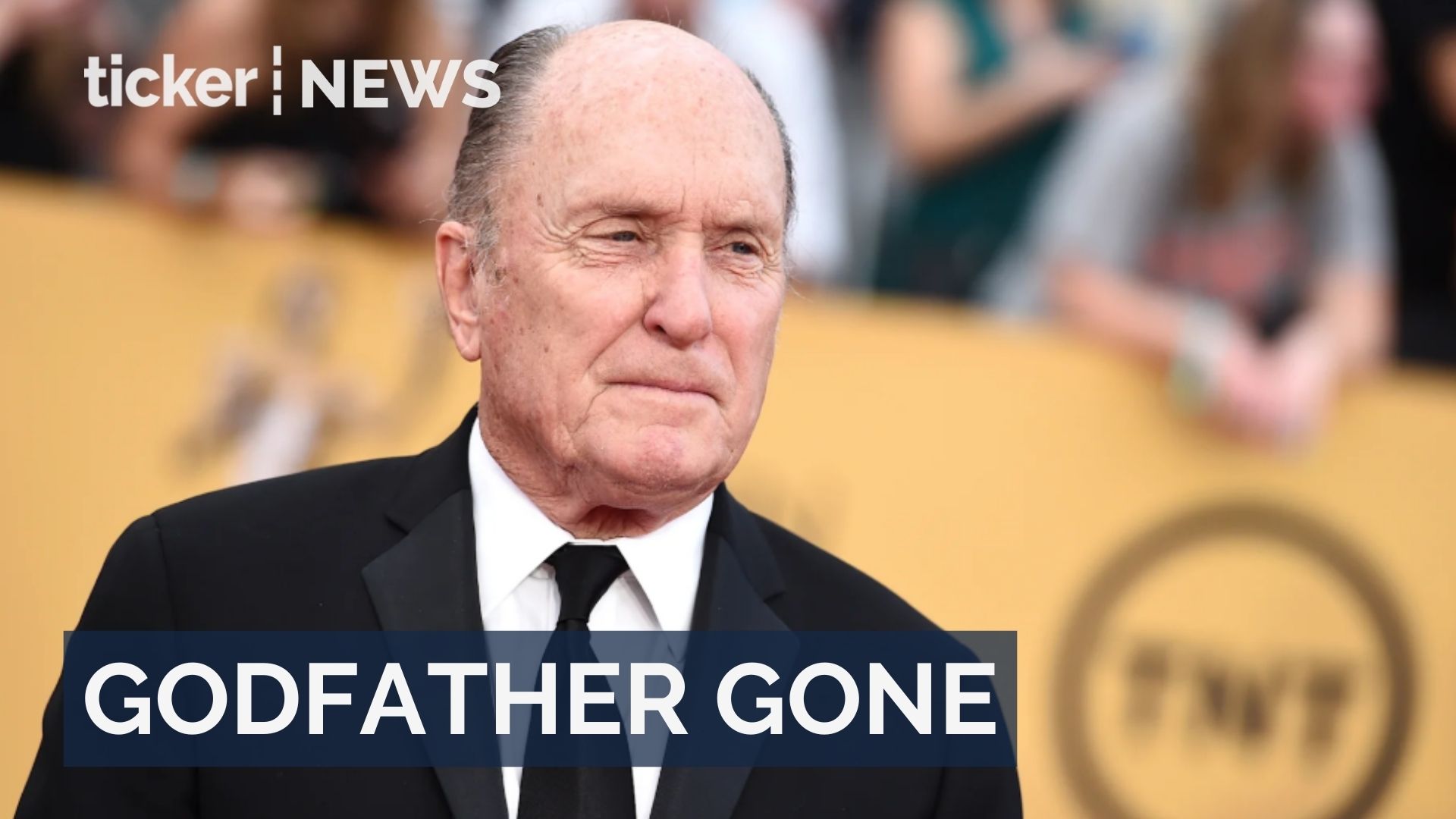As the world grapples with shifting global dynamics, many are speculating whether the leadership of the world order is transitioning from the United States to China.
But the real threat is actually much worse than that.
A more plausible outcome might be the emergence of growing political disorder and potential anarchy on the global stage.
Countries such as the United States, Japan, and several Western nations are expressing concerns about the possible erosion of the carefully crafted “rules-based world order” that has been in place since the aftermath of World War II.
Growth and prosperity
This international political framework has played a pivotal role in fostering unprecedented economic growth and prosperity, particularly for China, which is now challenging the very order it benefited from.
Several factors contribute to the threat facing the rules-based world order:
1. The Ascendancy of China:
China’s state capitalism model has not only fueled its domestic prosperity but has also allowed the Chinese Communist Party to tighten control over its society.
China has sought to expand its influence globally, most notably through initiatives like the Belt and Road Initiative.
China’s aspirations include securing prominent leadership roles within the United Nations, contradicting earlier hopes that it would evolve into a more open and pluralistic nation.
Claims of China becoming a responsible stakeholder in the world order now seem to be primarily propaganda.
2. U.S. Withdrawal from Global Leadership:
The United States, under the leadership of Donald Trump, initiated a significant shift away from its traditional role as a leader in the global order.
Trump’s decisions included withdrawing from international organizations such as the World Health Organization, the Trans-Pacific Partnership, and the Iran nuclear deal.
His administration also undermined institutions like NATO and the WTO and strained relationships with key allies.
Blaming China
When the COVID-19 pandemic struck, the U.S. chose to downplay the pandemic’s significance and focus on blaming China, a departure from the nation’s historical commitment to promoting democracy and global cooperation.
3. Western Reluctance to Share Power:
Western nations have been hesitant to allocate adequate representation and influence within the rules-based order to emerging powers. This reluctance undermines the order’s credibility and fairness.
For example, France and the United Kingdom continue to maintain their permanent United Nations Security Council seats, preventing more deserving nations like India and Brazil from obtaining similar positions.
The United States’ refusal to join the Asian Infrastructure Investment Bank, an initiative led by China, and its pressure on allies to follow suit is another example of this resistance to accommodate emerging powers.
Despite China’s significant contribution to the global economy (around 18%), its voting share in the International Monetary Fund remains disproportionately low (approximately 6%).
What happens next?
1. Resurgence of the U.S.:
While the U.S. has faced criticism and a loss of global trust in recent years due to events such as the Iraq and Afghanistan wars and the 2008/09 Global Financial Crisis, President Biden’s administration represents a return to more conventional global leadership.
However, even with a more cooperative approach, achieving satisfactory outcomes for complex global issues remains uncertain.
The possibility of a return to Trump-style leadership or a divided U.S. Congress could cast shadows over the future of the world order.
2. China’s Role:
China’s ascent to global leadership is challenged by domestic economic issues, international concerns about its coercive behavior, and limited diplomatic friendships.
Initiatives like the Belt and Road Initiative have faced obstacles and criticism.
China’s actions have the potential to undermine its own rise on the global stage.
3. Managing Complexities:
In today’s geopolitical landscape, finding definitive solutions to global challenges is increasingly elusive. Instead, the best approach may be to “manage” these issues to maintain a semblance of stability.
Achieving a balance of power between liberal and illiberal forces will be crucial for maintaining order.
However, this task is complicated in a world where conflicts can manifest through various means, including cyberattacks, economic pressures, and information warfare.




 Shows3 days ago
Shows3 days ago
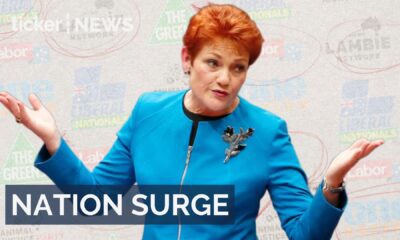

 News3 days ago
News3 days ago
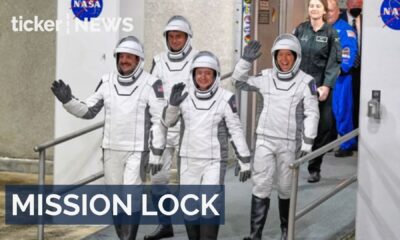

 Tech3 days ago
Tech3 days ago
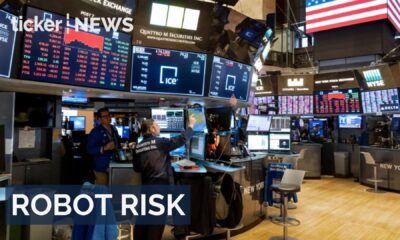

 Money3 days ago
Money3 days ago


 Shows3 days ago
Shows3 days ago
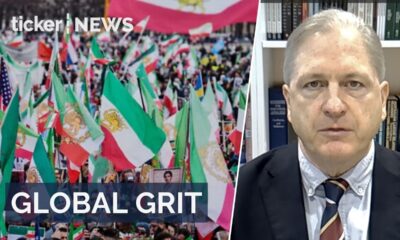

 Ticker Views3 days ago
Ticker Views3 days ago
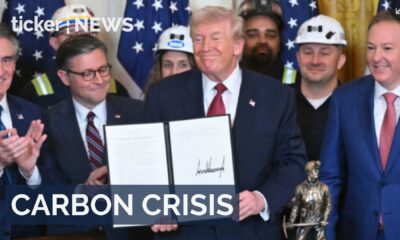

 Ticker Views3 days ago
Ticker Views3 days ago


 Money2 days ago
Money2 days ago


